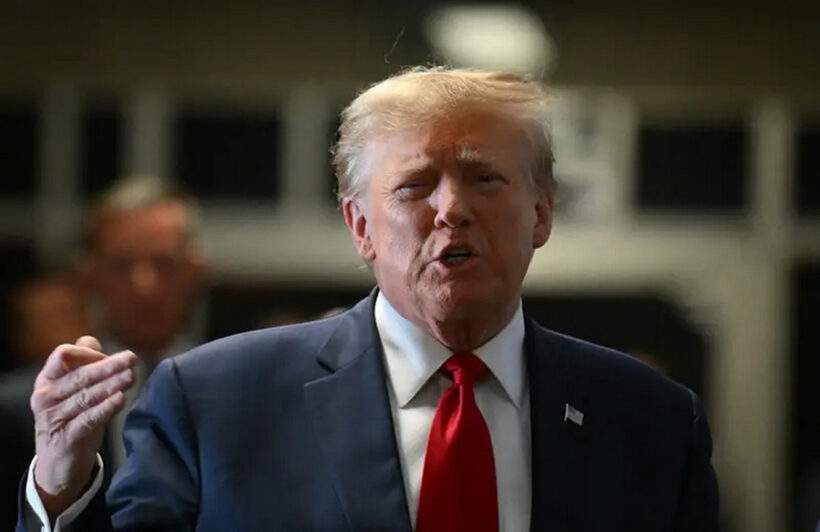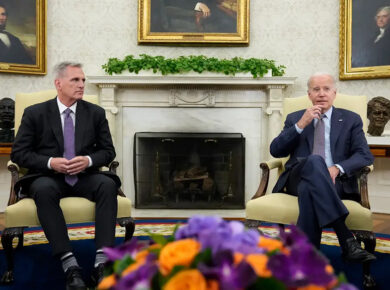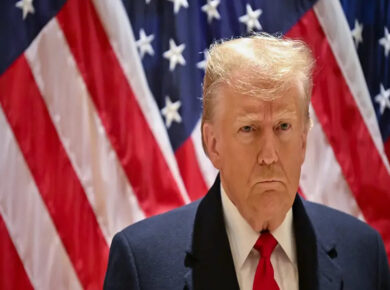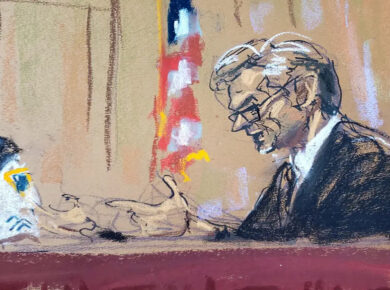The upcoming trial involving former President Donald Trump and hush-money payments has sparked a contentious legal battle over the admissibility of 82 statements made by Trump over the years. These statements, ranging from boasts about his personal attributes to admissions regarding the payments, are at the center of a dispute between Trump’s defense team and New York prosecutors.
Prosecutors’ Strategy: Using Trump’s Own Words Against Him
Manhattan District Attorney Alvin Bragg’s prosecutors are seeking to introduce Trump’s statements as evidence in the trial. Key among these statements is Trump’s admission in a 2018 interview with Fox & Friends that he personally handled the hush-money payment to Stormy Daniels. Prosecutors argue that these statements, along with Trump’s other boasts and declarations, provide insight into his character and intent regarding the payments.
Trump’s Defense: Pushback and Objections
Trump’s defense team has vehemently opposed the inclusion of these statements, labeling them as irrelevant, stale, and cumulative. They argue that Trump’s remarks, some dating back decades, are not pertinent to the case at hand and should be excluded from trial proceedings. Additionally, Trump’s lawyers have challenged the authenticity of some of the statements, claiming that the books attributed to Trump were actually written by ghostwriters.
Contentious Statements: Boasts and Revelations
The 82 statements encompass a wide range of topics, from Trump’s self-proclaimed attractiveness to his meticulous penny-pinching habits. Trump’s past remarks about his knowledge of campaign finance and his penchant for retribution are also under scrutiny. Prosecutors contend that these statements offer valuable insight into Trump’s mindset and motivations, particularly regarding his handling of the hush-money affair.
Potential Impact on the Trial
The inclusion or exclusion of Trump’s statements could have significant implications for the trial’s outcome. Prosecutors view these statements as critical evidence that corroborates their case against Trump, while his defense team seeks to undermine their relevance and credibility. Ultimately, the decision rests with the trial judge, who must weigh the arguments presented by both sides before rendering a ruling.
Legal Maneuvering and Judicial Oversight
As the legal battle unfolds, both parties are engaging in strategic maneuvers to bolster their respective positions. Prosecutors are pressing for the admission of Trump’s statements, while his defense team seeks to challenge their relevance and authenticity. The trial judge, tasked with ensuring a fair and impartial proceeding, must carefully consider the arguments presented and make a judicious ruling on the admissibility of the contested evidence.
Awaited Decision: The Judge’s Role
The ultimate decision on the admissibility of Trump’s statements lies with the trial judge, who must weigh the probative value of the evidence against any potential prejudice. Until the judge issues a ruling, the contentious legal dispute between Trump’s defense team and New York prosecutors will continue to unfold, shaping the trajectory of the upcoming trial.










